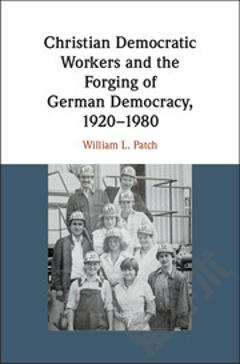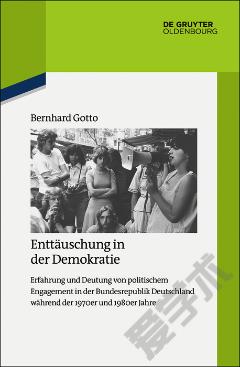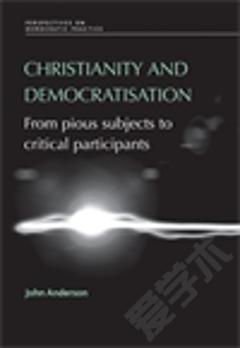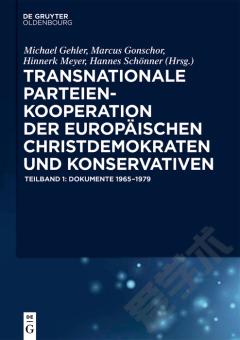Christian Democratic Workers and the Forging of German Democracy, 1920–1980
Why has democracy flourished in the Federal Republic of Germany despite that country's troubled past? Exhaustive research in German historical archives illuminates the pivotal role played by the veterans of the Christian trade unions of the Weimar Republic, the only group to participate in both of Germany's most successful political experiments after 1945, a 'Christian Democratic' party to unite Catholics and Protestants, and unified labor unions for workers of all political outlooks. They perceived that feuds between the religious confessions and competition among three rival labor federations had greatly facilitated Hitler's rise, and they resolved to bridge both chasms. Playing an influential role on the left wing of the CDU from the 1950s to the 1970s, Christian laborites alleviated class conflict through new welfare programs and laws to grant workers a powerful voice in management decisions. They took the lead in forging the distinctive 'German Model' for labor relations.
{{comment.content}}








 京公网安备 11010802027623号
京公网安备 11010802027623号